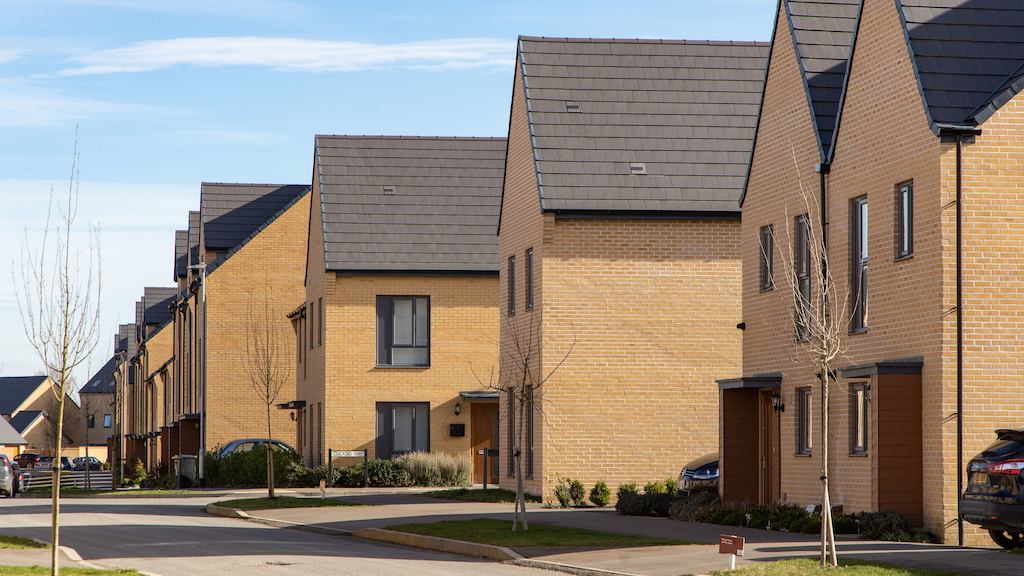So, we have been asking people what they think about their homes. In recent polling carried out by Ipsos MORI, we have discovered that two in three of us think we need to make significant improvements to our homes over the next two years. As we get older, we want to make our homes more accessible, safer and easier to heat. We want to make our homes better.
But most of us won’t do any of these things. For half of us, the biggest barrier is the cost – the actual cost or our anxiety about what it will be. We need much better access to advice. Who can provide us with good information on the fabric and quality of our homes? We have to get our cars independently checked regularly. There is no similar system for our homes. And even when we know what needs to change, how do we find a contractor? How do we know that they will be trustworthy and do the job well? Will it cost more than the quote?
All this matters, not just to us as individual households but to the nation. Cold homes, accidents and falls at home, kill people. Poor-quality homes cost the NHS billions as well as adding to the pressure on that overstretched service. We cannot meet our international climate change obligations without making our homes more energy efficient.
And there is an enormous national opportunity here. We could create up to half a million new jobs in the economy if we invested more in making our homes healthy, safe places to live. We could see tens of thousands of new apprenticeships for young people (and older people) struggling in the COVID-19 economy. We could deliver huge reductions in demands on the NHS.
We all have an individual role to play. Most of us will pay for these changes ourselves because they will improve the quality of our lives. But government has a critical role to play. Not by coming up with yet another short-term, half baked initiative but by understanding that this requires long-term, properly strategic leadership. Grants will help, as would subsidised loans, as happens in many countries around the world. But most of all, if we are to ‘level up’, to create the vibrant economy and country we aspire to, we need a clear, coherent strategy for renewal. We did it after the war. We can, and must, do it now.

